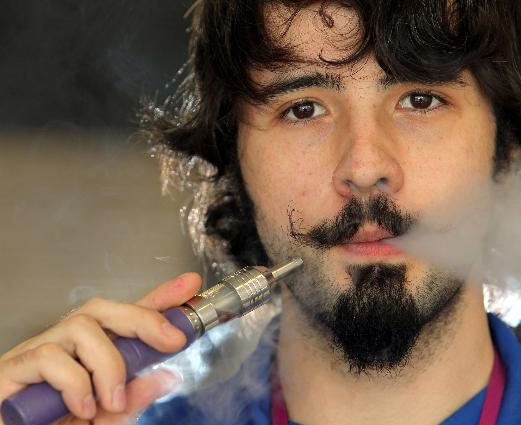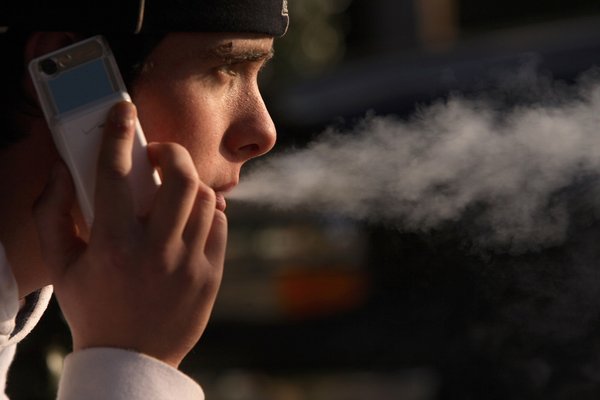Higher cigarette prices do save lives
These findings are a result of a World Health Organization (WHO) study of 41 countries where smoking policies have been in place since 2007.
From their MPOWER model – which stands for Monitoring tobacco use and prevention policies, Protecting people from tobacco smoke, Offering help to quit tobacco use,Warning people about the dangers of tobacco, Enforcing bans on tobacco advertising, and Raising taxes on tobacco – the WHO was able to predict that 7.4 million deaths could be prevented by 2050.
The research has shown that increasing taxes on cigarettes by up to 75% had the greatest impact on smoking, even more so than anti-smoking policies. While smoke-free air laws in 20 of the focus countries had averted 2.5 million premature deaths, tax rises prevented 3.5 million smoking-related deaths.
“Tobacco use is the single most preventable cause of death in the world, with six million smoking-attributable deaths per year today, and these deaths are projected to rise to eight million a year by 2030, if current trends continue,” said Douglas Bettcher, WHO director of the department of non-communicable diseases.
However, even with greater scientific evidence that smoking kills, some people are still resistant to change. And South Africans are no exception.
An uphill battle
Readers’ responses to an article on Heath24 earlier this year, titled ‘SA set to go 100% smoke-free’, are redolent of the resistance faced by advocates for a smoke-free society.
The article covered the announcement by the South African government that new legislation would make all indoors and some outdoor areas 100% smoke-free.
According to the proposed legislation, smoking will be prohibited in:
- Stadiums, arenas, schools and childcare facilities
- Health facilities
- Outdoor eating or drinking areas
- Places where outdoor events take place
- Covered walkways and covered parking areas
- Outdoor service areas and queues
- Beaches, within 50 metres of a demarcated swimming area
- Five to 10 metres of entrances, doorways, windows and ventilation inlets
What some of our readers have to say:
Martin said: “I shall continue to smoke in my office, and people needing to see me will continue to wait outside… I’m sorry, cigarettes contribute so little to general air pollution. Look at cars, industries etc. – there are your culprits… my guys suck up welding fumes all day, but smoking is banned, WTF?!?”
Dieter asked: “Is he [the minister of health] that bored with life that they would do something like that? What about overweight people, are they gonna make them stop eating as well? Get a job you’re good at!”
Raven said: “So, my freedom of choice is removed. Where do I sign to have this law scrapped?”
Charmain Nel said: “People give me the sh*ts when all they talk about is smoking. First do something about the DRINKERS WHO KILL PEOPLE. I have never KILLED WHEN SMOKING. The ones that are having a fit are all DRINKERS, which is why nothing gets done. LEAVE US SMOKERS ALONE!”
But with more studies concretely pointing to the dangers of smoking, both for smoker and non-smokers, it’s clear that researchers are not ready to leave the matter alone.
Scientifically speaking
Scientists from the Lawrence Berkeley National Laboratory, in the USA, recently proved that third-hand smoke can also kill over time.
They proved that the smelly residue (third-hand smoke), which sticks to almost all surfaces long after the second-hand smoke has cleared out, can actually cause significant long-term genetic damage to human cells.
The researchers said that chemical compounds found in third-hand smoke are among the most potent carcinogens around and are capable of causing most cancers in humans.
And estimated 30% of South Africans are smokers, and about 60% of all lung cancer deaths in South Africa are due to tobacco smoking, according to the national Lung Cancer Association.
“By taking the right measures, this tobacco epidemic can be entirely prevented,” concluded WHO’s Douglas Bettcher.
Hayden Horner
http://www.health24.com/Lifestyle/Stop-smoking/News/Higher-cigarette-prices-do-save-lives-20130717





